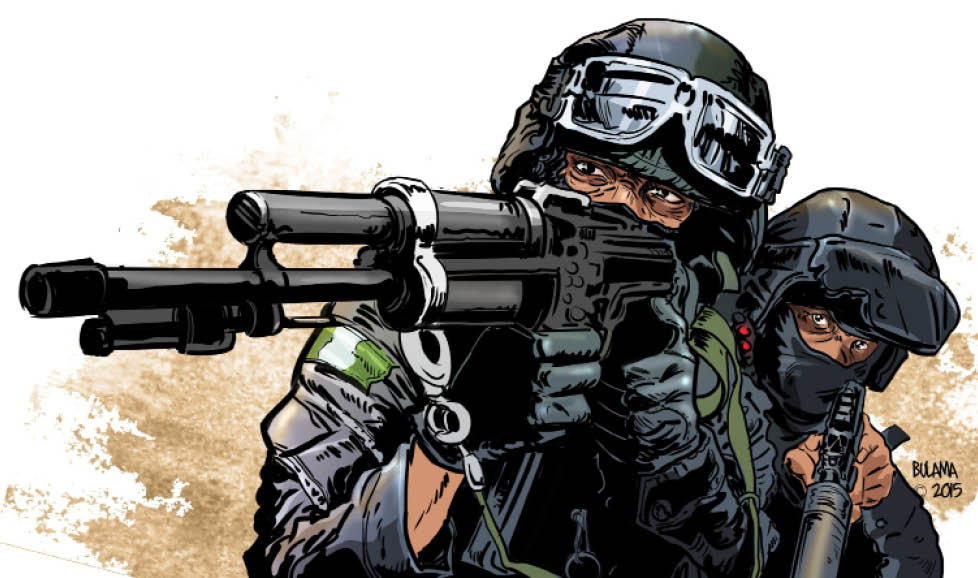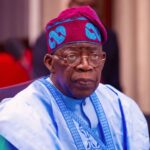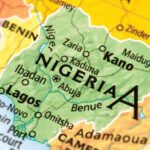Yesterday was January 15th, Armed Forces Remembrance Day, and there were the usual parades here and there, some statements from service chiefs, and lukewarm social media activity.
Also, some weeks before the day, staff would sell emblems at airports, and so on. And that’s it. For a country which has lost so many bright, promising young men and women in the line of duty, to come up that short, is quite honestly irksome. It also won’t do. But before I say more on that, I have to ask how we got to this uncomfortable, unfair place of not honouring the few real patriots we can boast of today.
- Landmine kills 5 soldiers, injures 15 others in Borno
- How strike, COVID-19 wrecked education calendar
At the main parade in Abuja, President Muhammadu Buhari gave a speech, which while not one of his most inspiring, included: ‘The occasion reminds us of the need to guard jealously the unity of the nation which was won at great cost. It also serves as a reminder for our citizens to desist from divisive actions and comments that could jeopardize the unity and progress of the nation. Nigeria’s strength lies in her diversity.’ Truer words could not have been said.
Now, the light in which Nigerians view the armed forces is not a very good one, traditionally. This is because of the civil war, bloody coups, and years and years of military rule. You can also chalk it up to human rights abuses by some personnel, bad eggs which spoil the whole basket. In the eyes of the nation, military personnel are violent brutes with hair-triggers and prone to assaulting civilians, mostly of the ‘bloody’ variety. But the truth is, nothing could be further away from the truth than that. The reality is that the deep involvement of military personnel in politics in the past has created a situation which has bred a kind of misplaced resentment.
This is what is faced by a military that is suffering from a shortage of manpower, shaky supply of equipment, and sometimes even shortfalls of training for specific types of engagements. The same military – in this case, a good chunk of the army, supported by the Air Force and Navy – that is fighting a major insurgency in the North-East, amid the resultant humanitarian crisis. The same one fighting militants, bandits, kidnappers, pirates, cultists and others around the nation. Granted, there are leaps and bounds of improvement, but nobody should crow just yet.
Who are the only people that stand between us and evil, violence, and lawlessness? You guessed right: Our armed forces. Men and women who gave up their personal freedom and safety so we could have ours, and so we can sleep well at night. Personnel who are in the trenches, dodging bullets, and facing death quite literally. And this is all while their families – parents, spouses, children, siblings – worry about their safety, and dreading the day they receive that call notifying them of the unthinkable.
Even after serving honourably and retiring in one piece, many of them face a system that does not recognise or respect their sacrifices. Again, while there is some improvement in that area, it’s quite far from where we should be. Don’t even get me started on how the families of the fallen are treated sometimes, in a most heart-breaking way. Little things that are actually big things that matter, like how families are notified of their deaths, special honours, or respectful recognition of the fallen in the media with heroic photos and mentions. Like well-designed and well-built cenotaphs, as well as beautiful parades that inspire national pride and pay tribute to heroism. I could go on and on, but I want to segue into the part where I point out that those of them that are alive should be celebrated, too.
All these things, really, come together to form a puzzle for me, how Nigerians constantly lose the plot of this tragic story and place resentment where gratitude and respect should be. I always ask a question someone once asked, if we could all imagine our country for twenty-four hours without our armed forces. I tried, and I came up with apocalyptic images of Boko Haram having a veritable carnival while kidnappers, bandits, and militants enjoy a field day. We really need to wake up to our responsibility to these fine men and women, who due to what they’ve given up, have proven that they are the best of us, and not forgetting that they come from us. We need to celebrate them more, and properly.
One would think that with a good chunk of the lifetime of our nation so far being captained by the military, there would be policies in place and an atmosphere that would make the sacrifices made by men and women of the armed forces worth their while, or that of their families. In fact, when you add up Olusegun Obasanjo’s eight years to President Buhari’s five (and counting), it further boggles the mind that these retired ‘ogas’ did little in that direction. Our military, really, has no business being in its current state, in the physical sense or in the way it is seen by us. I mean, you could argue that every other sector is suffering. But I would counter with ‘does it have to be that way?’




